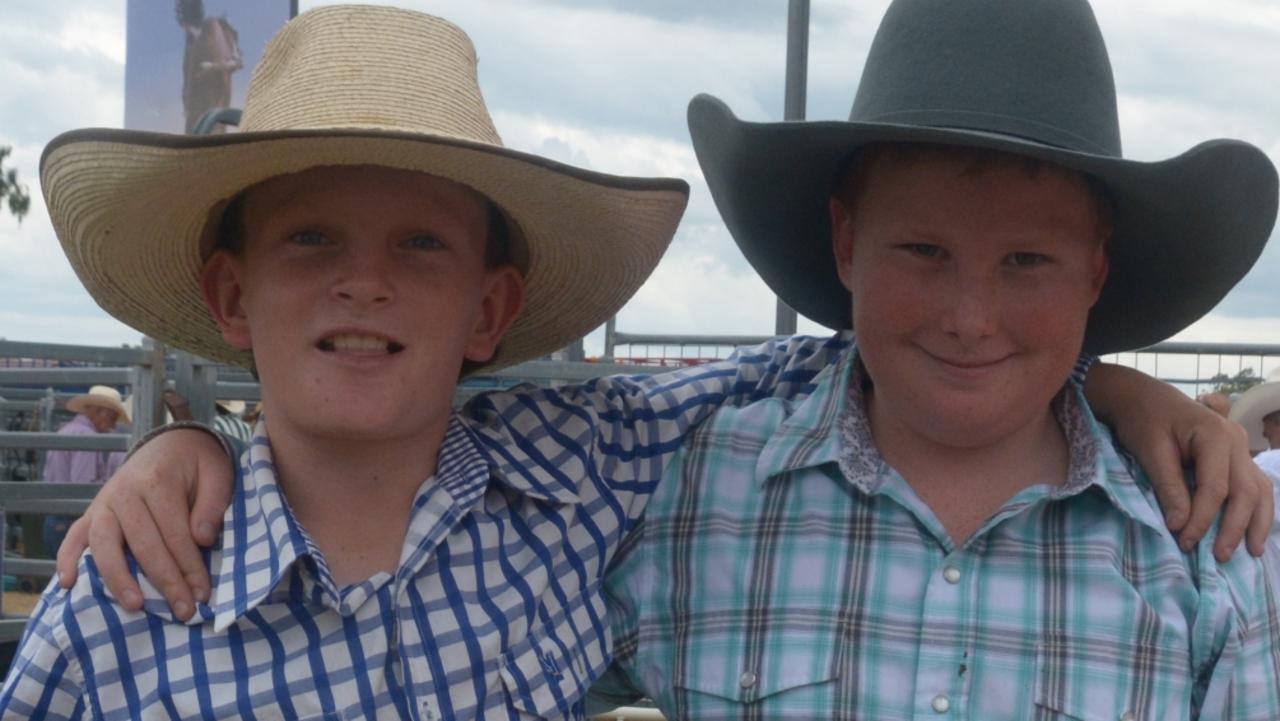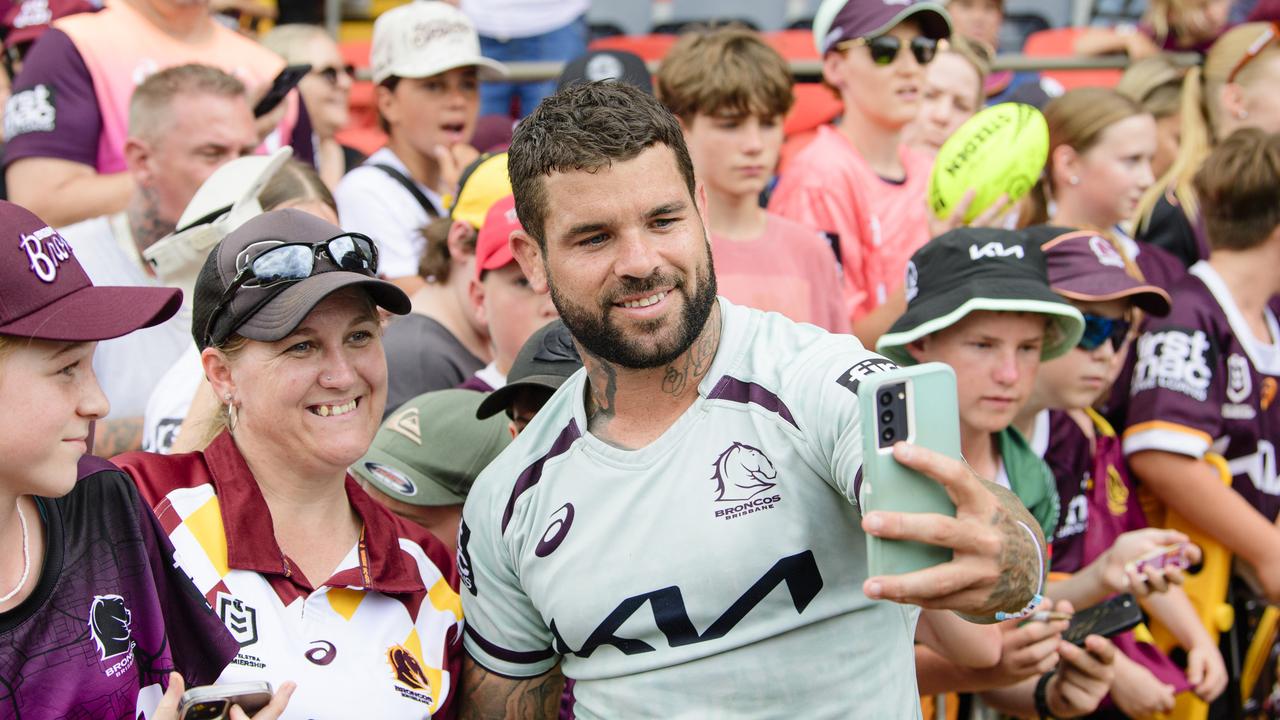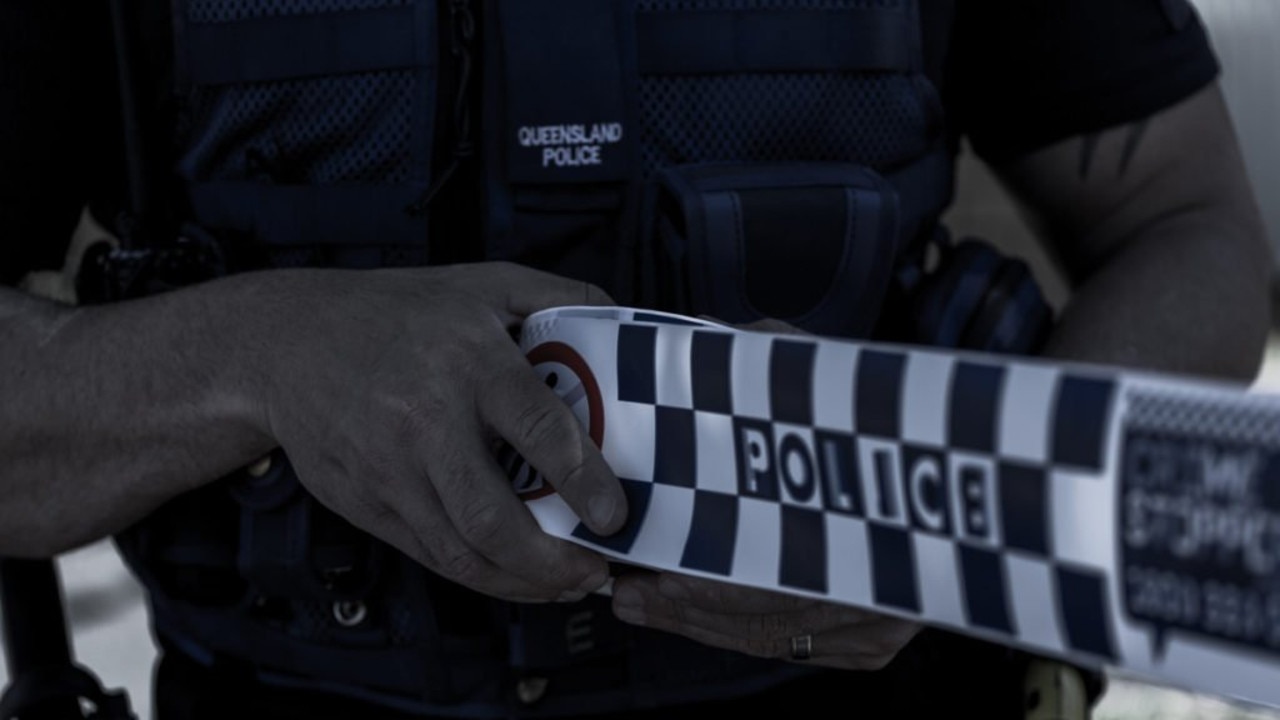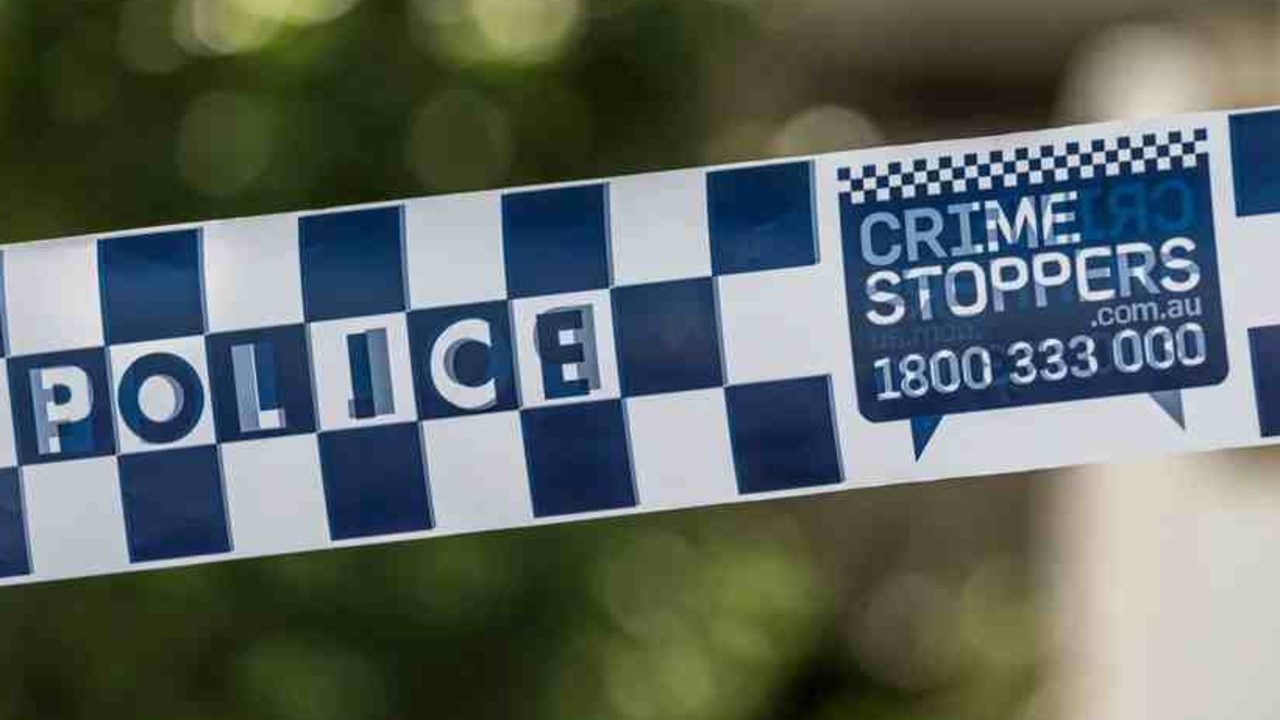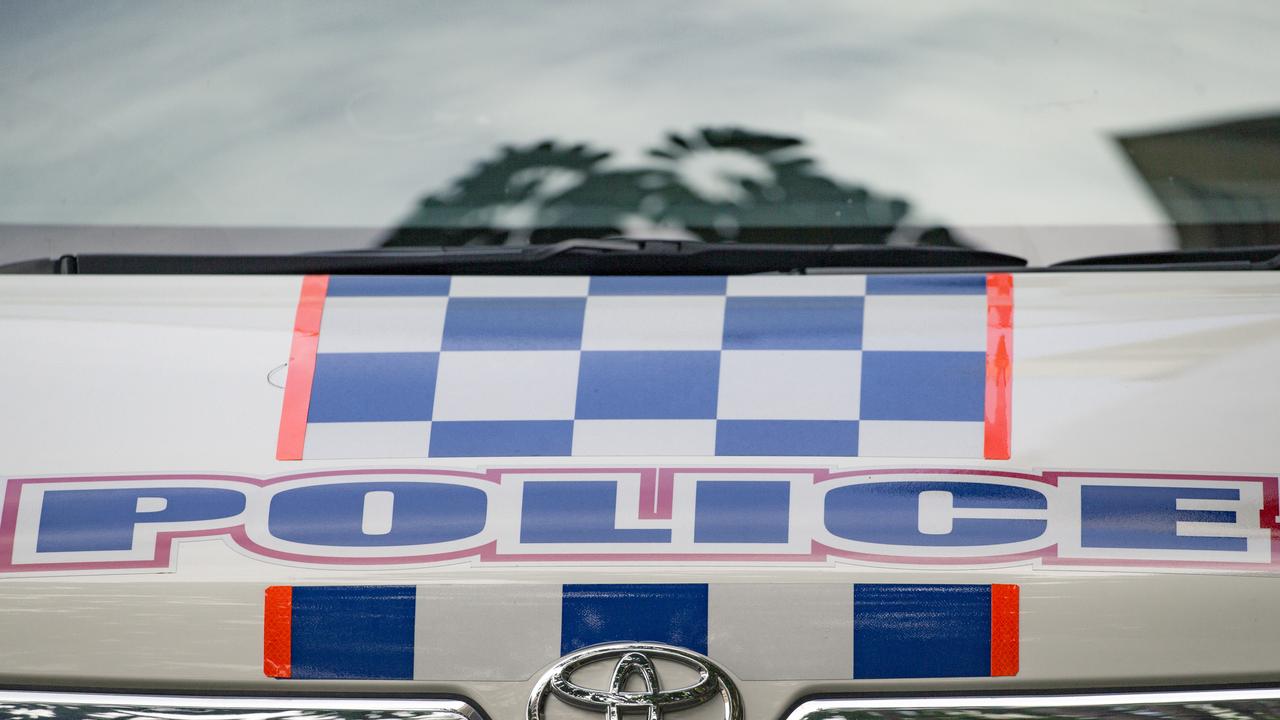AFP and ACCC investgate price gouging and illegal reselling and repackaging of RATs
A Kingsthorpe service station that came under fire last week is one of many reported to ACCC for price gouging rapid antigen tests. Now the AFP have joined the fight. Details here.
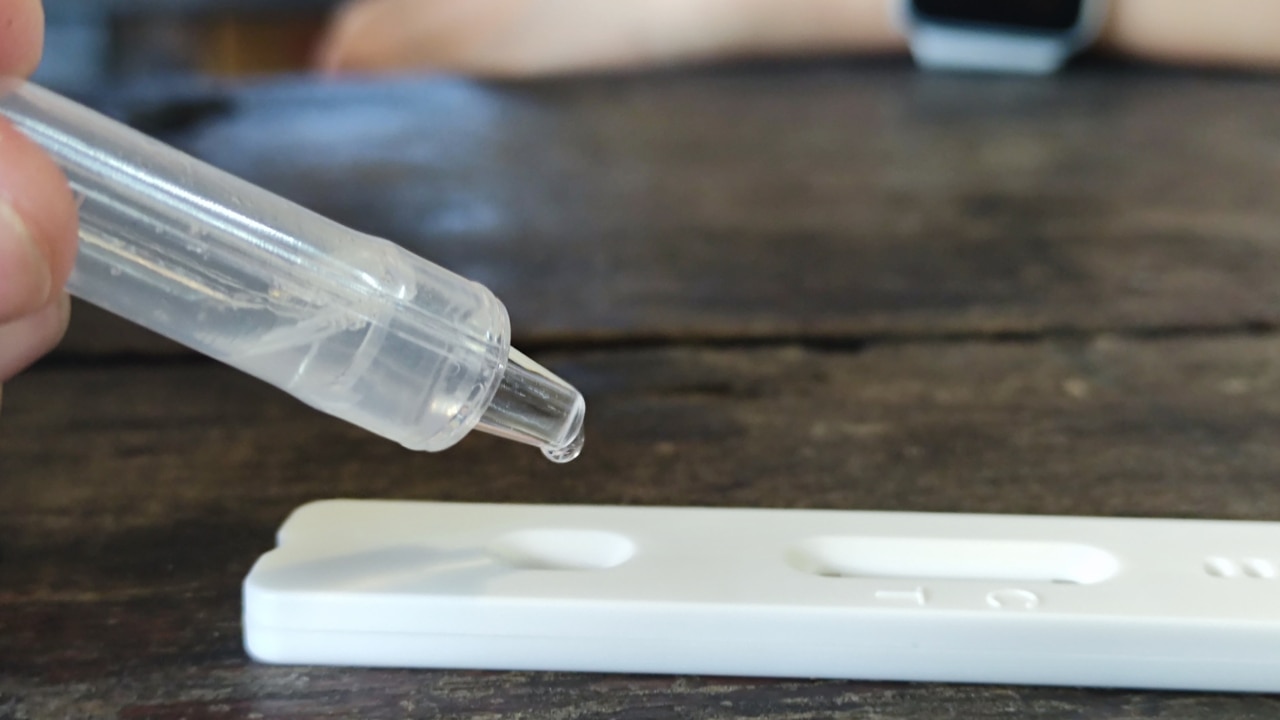
Toowoomba
Don't miss out on the headlines from Toowoomba. Followed categories will be added to My News.
UPDATE:
A Kingsthorpe service station owner has said she “can’t do anything” about her selling price for individual Covid tests after coming under fire last week.
Zimms Corner Service Station owner Olga Marr was accused of price gouging rapid antigen tests, which she was selling for $30 each, before lowering her price to $26.
Ms Marr received backlash from the public for her high prices, as well as her repackaged tests sold in individual zip-lock bags.
“I can’t do anything about that,” she said.
The Australian Competition and Consumer Commission has received almost 4000 reported about pricing and selling practices across the nation.
“Community concerns about sales practices for rapid antigen tests remain very high, for good reason.,” ACCC chair Rod Sims said.
“We thank the consumers who have taken the time to pass on to us crucial information about what is happening in this market.
““Businesses now know we will be in touch very quickly if they choose to impose unjustifiably high mark-ups on rapid antigen tests, or make misleading statements to consumers.”
The ACCC is working closely with the Australian Federal Police and the Therapeutic Goods Administration to follow tip-offs about alleged package splitting and illegal reselling of rapid antigen tests.
The AFP has launched investigations into RAT price gouging and is warning individuals and businesses they face five years’ imprisonment for reselling COVID-19 tests for more than 20 per cent of the original retail purchase price of $3.82 to $11.42.
ORIGINAL:
A Kingsthorpe service station has denied claims of price gouging rapid antigen tests, despite selling single zip-locked packets for $30.
Zimms Corner Service Station owner Olga Marr said she was forced to break down big packs and sell the tests individually after failing to secure smaller test kits from manufacturers.
“(The manufacturers) said because I’m not a wholesaler they don’t want to sell me the 20-pack, because they’re to go to the wholesalers,” she said.
“I’m buying them from the wholesaler, and the wholesalers are obviously putting $5 on top of his or whatever plus GST, plus transport (costs).
“I’ve been charged $24.20 each test – I paid $4840 for a pack of 200.”
According to the Australian Competition and Consumer Commission, wholesale costs of individual tests range below $15.
“The ACCC has significant concerns about the retail price of rapid antigen tests, reportedly often costing between $20-30 per test and sometimes over $70 a test through smaller retail outlets, despite wholesale costs ranging between $3.95 and $11.45 a test,” ACCC chair Rod Sims said.
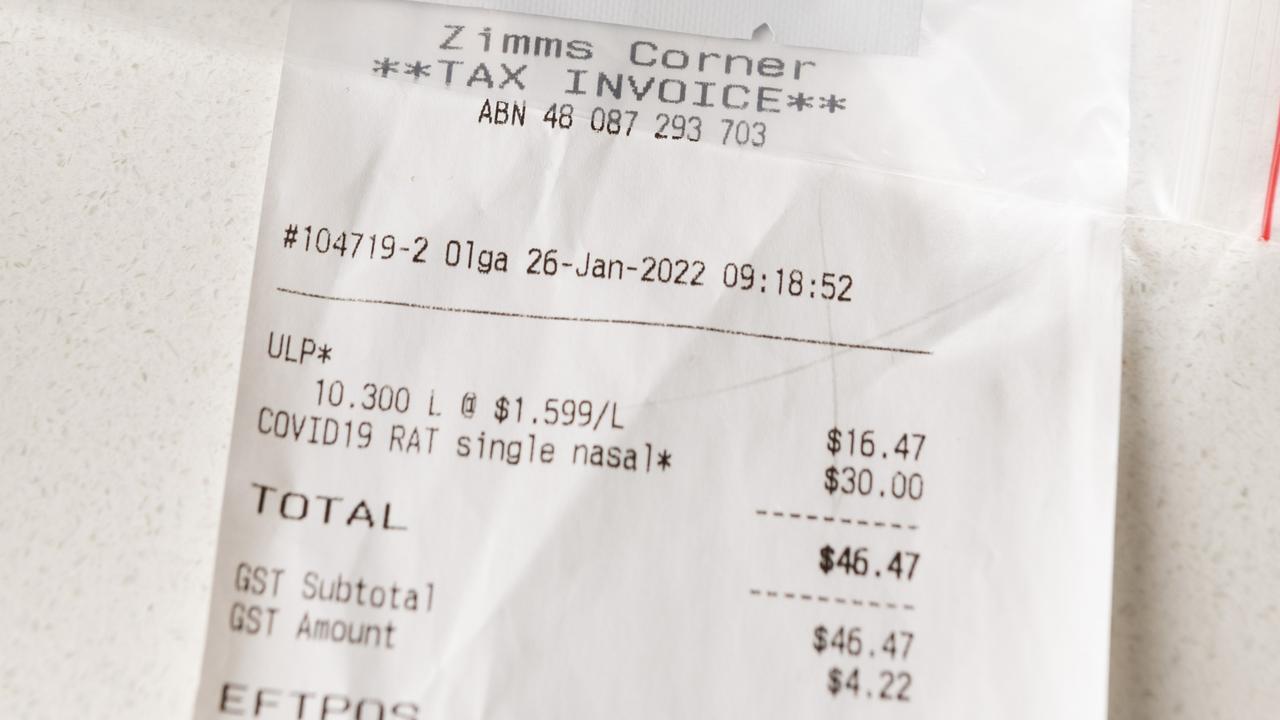
Mrs Marr said Toowoomba chemists were selling single tests for similar prices.
However earlier this week, Toowoomba Day and Night Pharmacy was selling 20-pack boxes of RATs for $289, equalling less than $15 a test.
“If they were selling it to me at $15, I would still have to put it up, because on top of that there’s GST, there’s transport … I would still have to sell them for $20 at least,” Mrs Marr said.
“I’m not allowed to buy from the manufacturer, so I’m buying them from the wholesaler, and the wholesalers are obviously putting $5 on top of his or whatever plus GST, plus transport.
“We’re not ripping off anybody.”
According to the ACCC, the prices reported by consumers are increasing.
“Initially, the average price reported to the ACCC was around $20 per test and the highest reported prices were $68 to $79 per test,” Mr Sims said.
“From January 7, 2022, the average and the highest prices reported to the ACCC have increased to around $24 and $80 to $100 respectively.
“The highest price reported for a single test is $100.
“Any test costing more than $30, even with supply constraints, is almost certainly too expensive and would seem to be taking advantage of the current circumstances.”
Mrs Marr confirmed she had repackaged the tests from a larger quantity box.
“Everything is in the 20-pack, including the zip-lock bags,” she said.
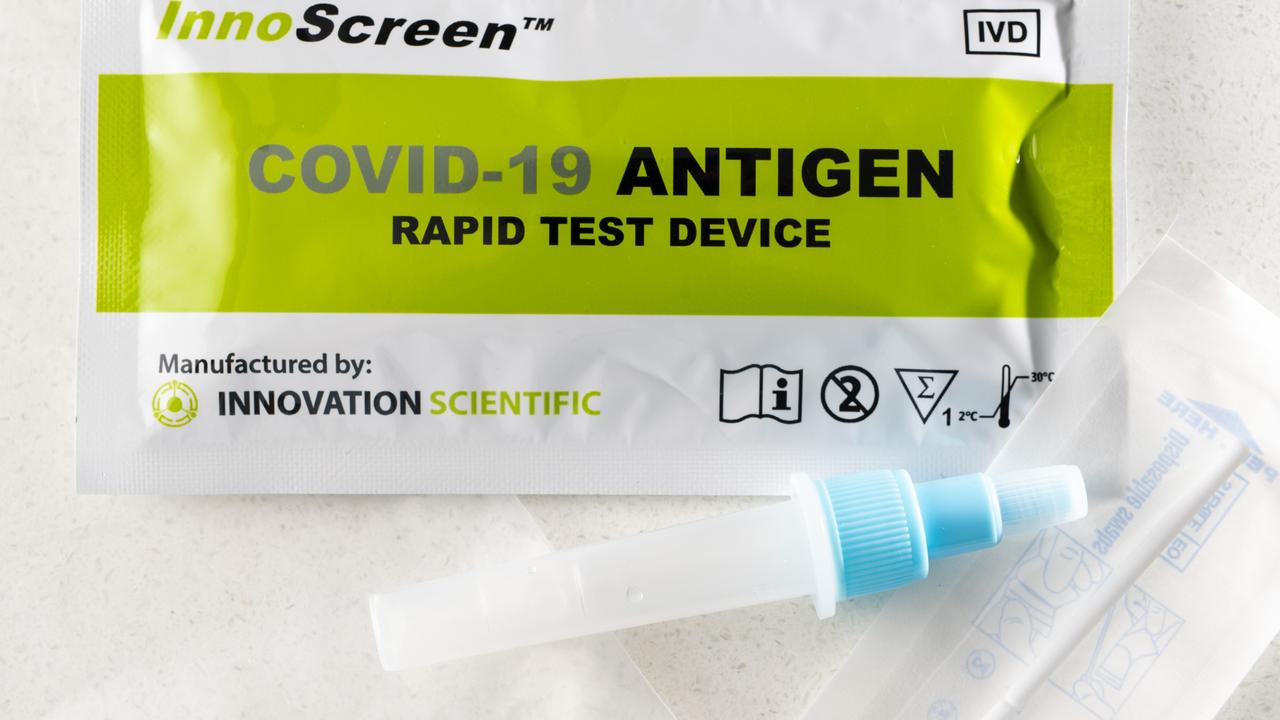
The single rapid antigen tests supplied by Mrs Marr in a zip-lock bag contain one test device, one extraction tub and one nasal swab.
According to the kit components listed on a 20-pack of rapid antigen tests, the zip-lock bags are waste bags to dispose of the test devices after use.
According to the Department of Health Therapeutic Goods Administration, repackaging should only occur under authority of sponsor and manufacturer.
“If a person repackages and relabels a medical device without complying with the above requirements, this can result in the repackaged medical device legally being a different device from the one included in the Australian Register of Therapeutic Goods.,” a TGA spokesperson said.
“As a result, the person who repackages and then onsells that device may be breaking the law.”
Mrs Marr denied knowing she was prohibited from separating the boxes.
Mrs Marr also said she was not told she had to include an Instructions of Use in each test provided, in accordance with Therapeutic Goods (Medical Devices) Regulations 2002.
“That isn’t written down,” she said.
“There’s only four instructions per box of 20.
“I have an instruction QR code that I copied and anyone who needed instructions they would normally ask me, and I would give them one of those.
“It’s easier – all they have to do is take a picture of it.”
According to the TGA website, contraventions of the Therapeutic Goods Act 1989 can result in fines of up to $888,000 for individuals or $4.44 million for corporations, or civil penalties of up to $1.11 million for individuals or $11.1 million for corporations. Report perceived breachs to the TGA and ACCC.



